“It’s a good thing you’re not paying for art school!”

This was the feedback I got from one of my culinary school instructors. I recall the specific drawing that prompted this: I had sketched out the plate presentation of a trout dish with green beans and risotto. I submitted the drawing as part of my notebook: a required assignment submission. The instructor gave me an “A” in the class despite the disparaging note about my sketches.
That was 25 years ago; and it’s stuck with me. Until a month ago, I never considered myself artistic. Yeah, sure… I’m a “culinary artist,” but that’s different than being a true artist. This is the story I told myself.
Then something changed.
Last month a friend came over with a set of paints, brushes, canvas and wine and said, “Let’s have a paint night!” Her enthusiasm was contagious, and despite “not being an artist” I jumped right in. And I had a blast!
For 25 years, I told myself I wasn’t artistic…that was something other people did. It was my “mental model” of who I was, exacerbated by some flip remark by a culinary school instructor.
The next day, I ran out and purchased a dozen more canvases, an assorted box of paints and brushes, and started painting. Was it good? Who knows! But it was fun; and I decided that maybe I’m a little artistic after all.
I think about all the farmers who told me they’re not good at computers, or business or accounting, and I wonder if it’s true or if it’s a mental model they’ve created because of a traumatic event or a lousy teacher.
Lesson #1 – Sometimes we need to challenge the mental models of how we see ourselves to discover our passions, untapped skills, and new opportunities. How have you limited yourself because of a narrative created that may or may not be true?
With my newly acknowledged artistic talent, I’ve been painting up a storm. Last week I decided to branch out from my (now) usual flower paintings to try and replicate a Picasso. It wasn’t a particularly intricate painting, and I felt comfortable that I could get close-ish. I pulled out my Walmart brushes and paints and got to work. I struggled to paint sharp, clean lines. As I worked on the background, the paint didn’t apply the way I hoped. I wasn’t trying to accomplish anything complicated, but I realized I didn’t have the right tools. Yes, I can paint. But it won’t look as good as it could if I had the right tools.
As farmers, you know this. You certainly wouldn’t prepare a bed with a trowel. And if you want to have a good recordkeeping system you need the right tools.
Lesson #2 – Tools matter. Certainly, basic skills, knowledge and interest are necessary; but you’ll go a lot farther a lot faster with the right tools. What tools do you need in your toolbox to better manage your business?
Bottom line: Sometimes we need to challenge the images we hold of ourselves to grow and develop new skills. When you’re ready to refine your financial management, check out our courses on www.thefarmersoffice.com.
